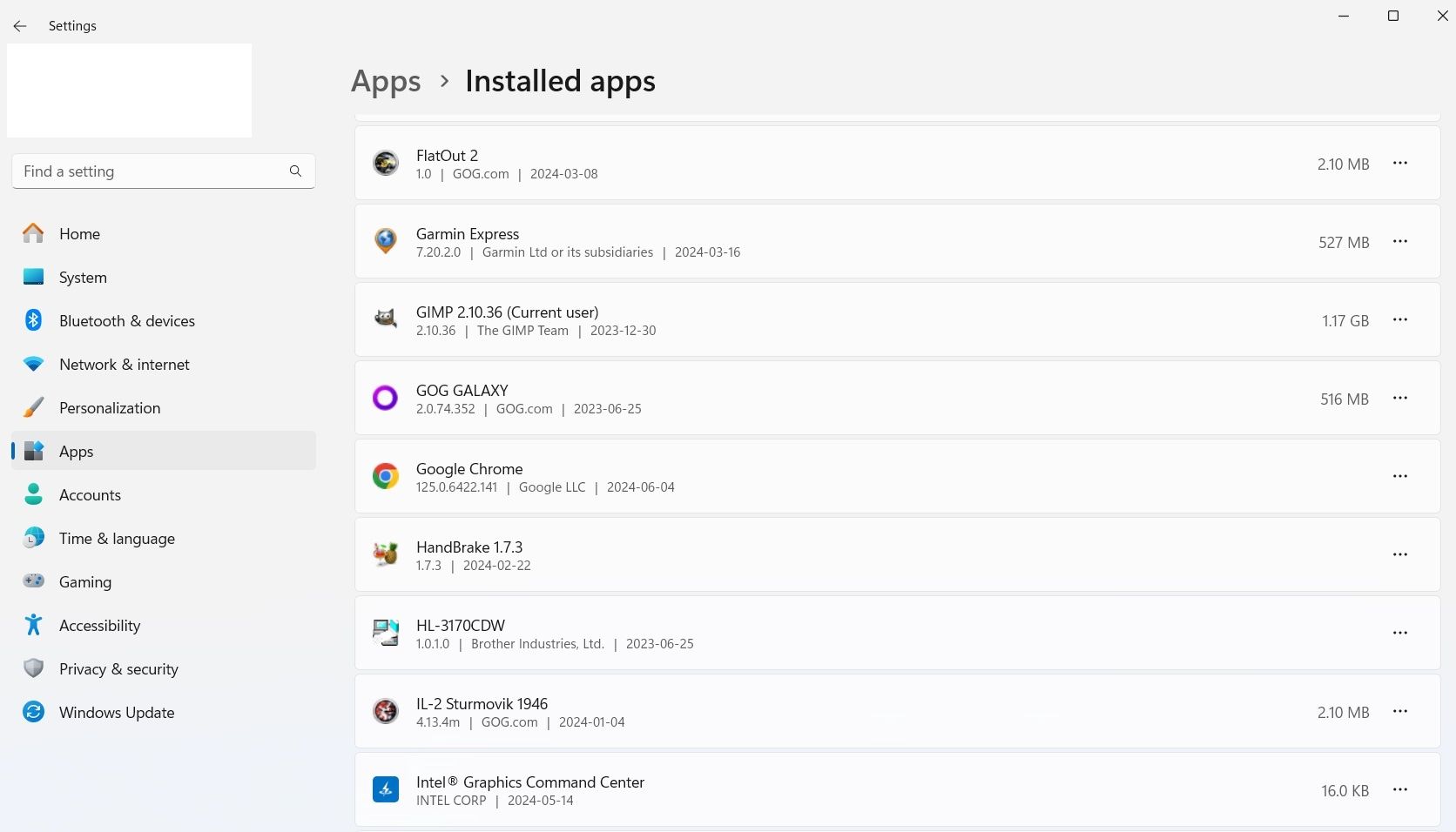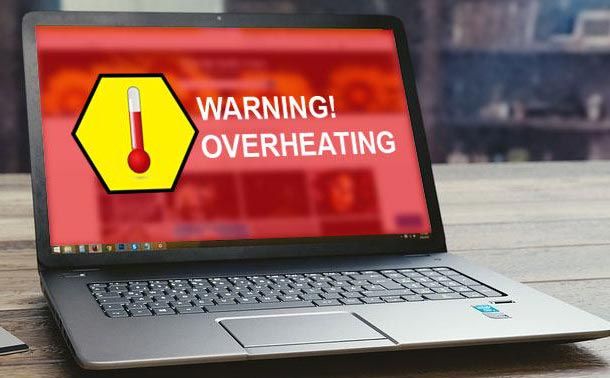How to Speed Up Slow-Running Computers
Experiencing a slow-running computer can be incredibly frustrating for users. It not only hampers productivity but also diminishes the overall computing experience. Understanding the reasons behind this slowdown and knowing how to address them is key to restoring your computer’s performance.
Common Causes of Slow Performance
Excessive Installed Programs
One of the most common reasons computers slow down is the accumulation of installed programs and startup items. Many applications automatically launch when you power on your computer, consuming valuable resources. To identify and manage these startup programs:
Look at the taskbar next to the clock at the bottom right of your screen. Programs that run at startup will typically appear here.
Access each program's settings to uncheck the option for automatic startup.
For more advanced users, the msconfig.exe command can be used to edit startup items. Caution is advised, especially for beginners, as disabling necessary startup services may lead to further issues


2. Viruses and Spyware
Malware and spyware can severely impact your computer’s performance. To combat these threats:
Install a reputable anti-malware program, such as Malwarebytes, ensuring that it is fully updated.
Run a complete system scan to identify and eliminate any infections. Once these threats are removed, you’ll likely notice a significant improvement in speed
3. Overheating and Hardware Failures
Physical issues like overheating and failing hardware can also contribute to sluggish performance. Excessive programs running at startup can lead to overheating, which, in turn, can cause physical damage to your machine. Regular maintenance is essential to prevent these issues.

Tips for Optimizing Performance
To keep your computer running smoothly, proper maintenance is crucial. Here are some practical tips:
Regularly Audit Your Startup List: Periodically review and disable unnecessary startup programs to reduce load times.
Ensure Proper Ventilation: Use your computer in a well-ventilated area to prevent overheating. Avoid using laptops on soft surfaces, like beds or pillows, as this restricts airflow and can lead to overheating.
Create Regular Backups: Regularly back up your data to prevent loss due to hardware failures or malware attacks.
Perform Routine Maintenance: Keep your operating system and software updated, and consider running periodic scans to check for issues.
By understanding the reasons behind slow computer performance and taking proactive measures, you can enhance your computing experience. Regular maintenance, virus protection, and proper ventilation can extend the lifespan of your device and keep it running at peak performance.
If you need additional support with IT support in Singapore, or are looking for professional IT hardware in Singapore, feel free to contact us for expert assistance.
